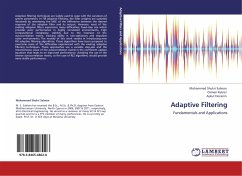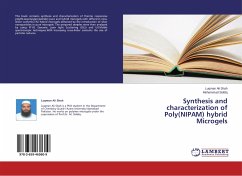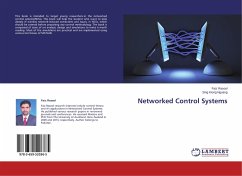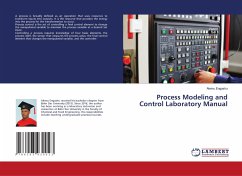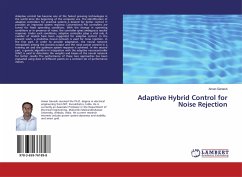
Adaptive Hybrid Control for Noise Rejection
Versandkostenfrei!
Versandfertig in 6-10 Tagen
24,99 €
inkl. MwSt.

PAYBACK Punkte
12 °P sammeln!
Adaptive control has become one of the fastest growing technologies in the world since the beginning of the computer era. The identification of adaptive controllers for practical systems is desired for better control. It provides an improved system response. Conventional PID controllers are tuned for fixed operating conditions. With the change in operating conditions or in presence of noise, the controller gives ambiguous results/ response. Under such conditions, adaptive controller plays a vital role. A number of models have been suggested for adaptive control. In the present work, a predicti...
Adaptive control has become one of the fastest growing technologies in the world since the beginning of the computer era. The identification of adaptive controllers for practical systems is desired for better control. It provides an improved system response. Conventional PID controllers are tuned for fixed operating conditions. With the change in operating conditions or in presence of noise, the controller gives ambiguous results/ response. Under such conditions, adaptive controller plays a vital role. A number of models have been suggested for adaptive control. In the present work, a predictive neural network is used for noise rejection. In the first part, in order to provide adaptation, the neural network interpolates among the process output and the noise power present in a training set and the optimum system response is achieved. In the second part, a genetic algorithm in integration with the adaptive neurocontroller (ANC) is used to determine the weights and biases of the neural network for better results. The performance of these two approaches has been evaluated using data of different plants on a common set of performance indices.




